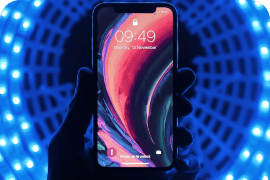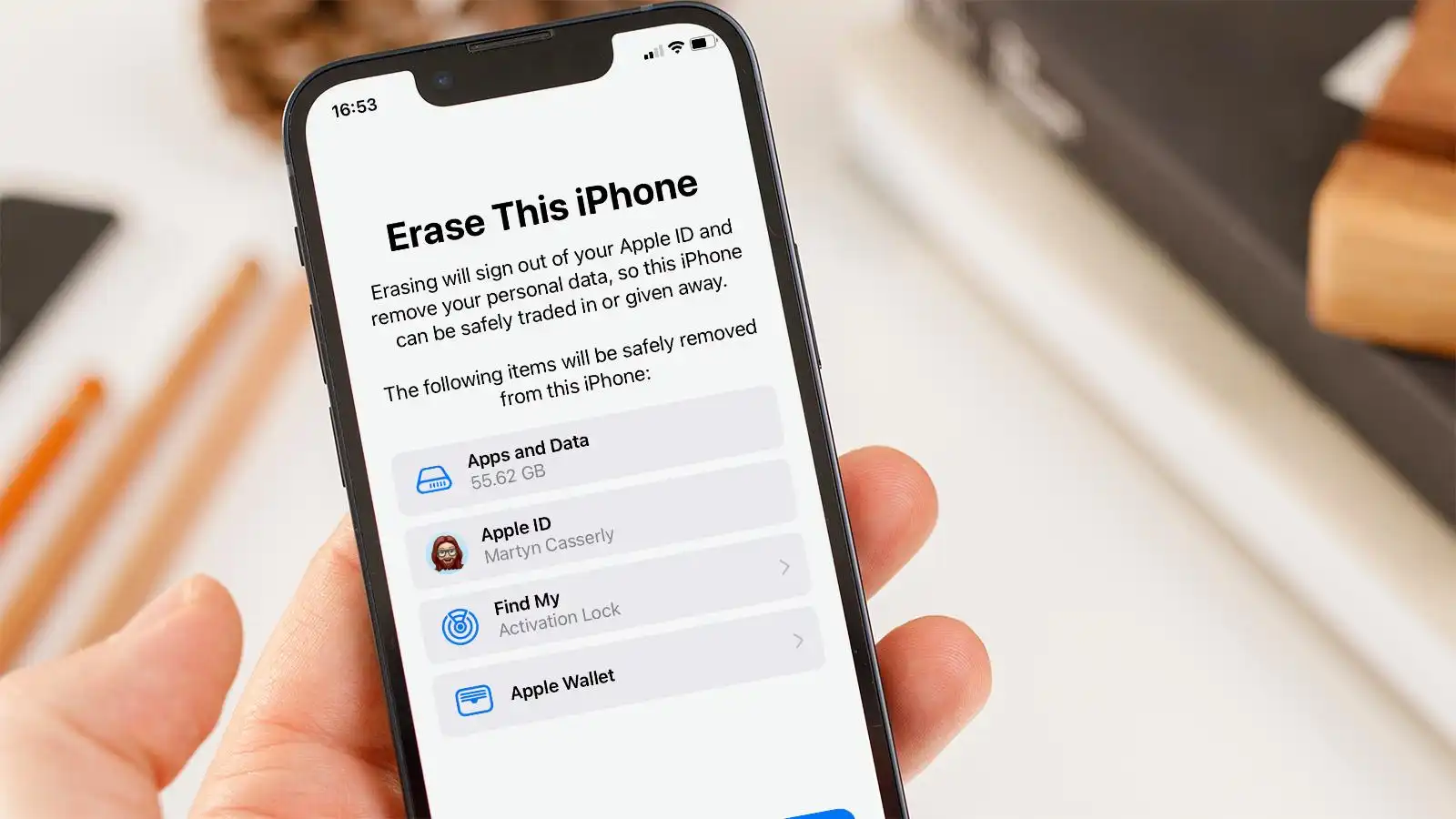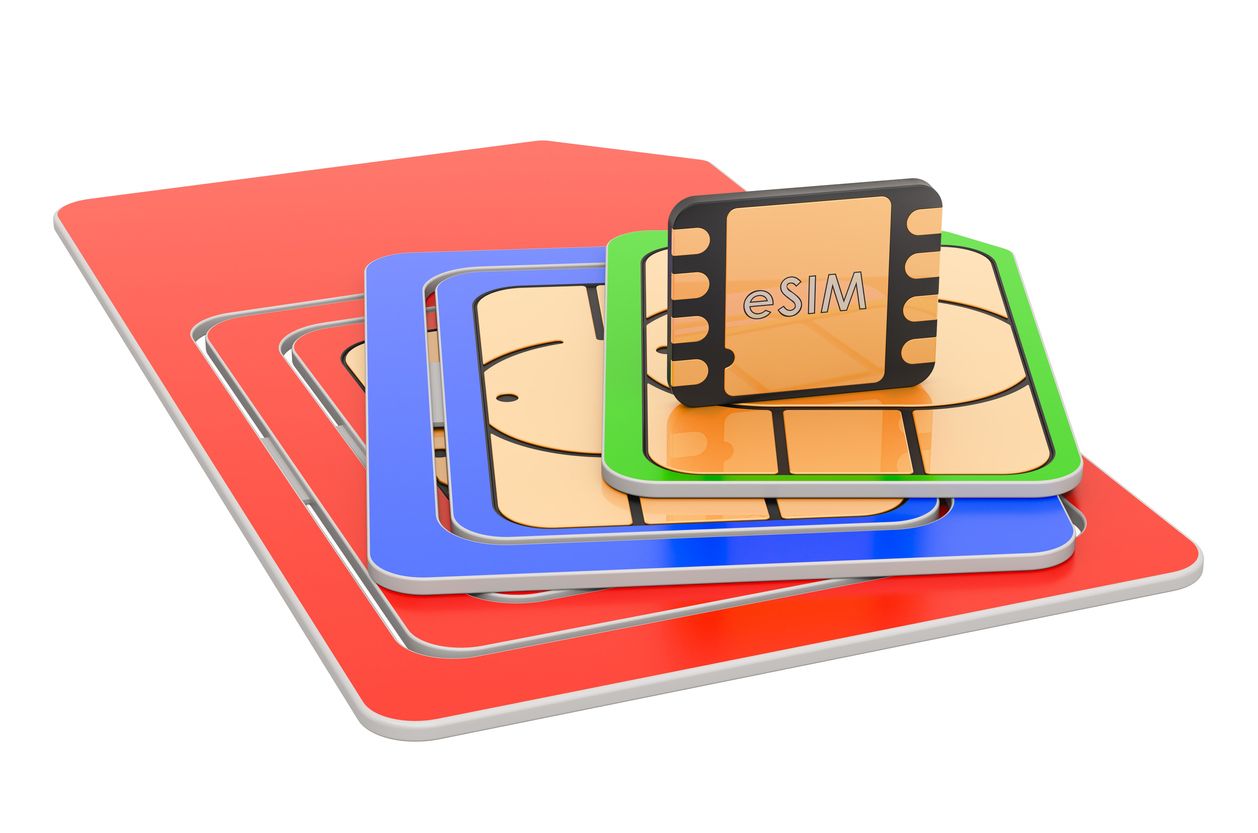Do SIM cards store data? Should I be worried if I lose it?
SIM cards definitely store data. Find out what.
Summary
Subscriber Identity Module (SIM) cards are integral components of mobile devices, playing a crucial role in connecting us to the vast digital world. Despite their small size, SIM cards carry significant information that facilitates communication and connectivity. Have you ever wondered what is stored in the SIM card, and if it is safe for you to simply throw your SIM card away when changing a SIM card? In this article, we'll delve into the intricacies of what is stored on SIM cards and how they contribute to the seamless functioning of our mobile devices.

What do SIM cards do?
At its core, a SIM card serves as a key identifier for a mobile subscriber within a network. It contains essential information that authenticates the user and grants access to network services. This fundamental purpose is achieved through the storage of specific data elements on the SIM card.
What information is stored in SIM cards?
Fundamentally, SIM cards need to store information that is required for the network to identify you. These include data like your phone number, subscriber identifier number, and an authentication key used to verify and authenticate you before allowing you to access the network services.
But, SIM cards are also equipped to store additional information like your contact information and text messages— but it is entirely up to you to decide if you want those information stored on your SIM card.
Traditionally, people stored contact information and text messages in their SIM cards so that they can easily bring their contacts and messages with them when they change phones.
But with the advancement of cloud technology, many people now choose to backup and sync their messages and contacts to the cloud instead. Storing these data in the cloud will allow you to access your information from multiple devices seamlessly.
In fact, on iPhones, contacts are not stored in your SIM cards and are synced to your iCloud account. On Android, the default setting now is for you to save your contacts to the cloud (and messages on your phone) - but you do have the option to also save a copy of your messages and contacts on your SIM card.
Will I lose my data if I change my SIM card?
If all your data is stored in your SIM card, removing the SIM card from your device will mean that you cannot access the information that was originally stored in your SIM card.
But, that data is not lost — it is simply stored in your SIM card, so if you insert your SIM card back into your device, you should still be able to see all your information.
Changing your SIM card will not cause you to lose data that is stored in the cloud or on your device internal storage.
If I use dual-SIM or eSIMs, will it override my data?
If you are using dual SIMs or if you have freshly installed a new eSIM, your data will not be overridden regardless where it is stored — on the cloud, on your device, or on your original SIM card.
However, if you notice that you have missing data after installing a new eSIM or a dual-SIM, it could be that your phone settings were updated to read from the newly installed SIM.
This is a rather common occurrence on iPhones, where you might face some issues with iMessage. But fret not, as this is typically just a case where your iMessage settings got updated incorrectly. In just a few taps on your device, you will be able to easily correct your iMessage settings and get your messages and contacts back.
What happens if I lose my SIM card?
If you lose your SIM card, you will lose all the data that is in the SIM card. So if your contact information and/or messages were stored in your SIM card, you would lose all your contact information; and if someone gets their hand on your lost SIM card, they will be able to gain access to all your friends' phone numbers and/or messages.
But what is possibly more important than that is the fact that if your SIM card lands in the wrong hands, you are susceptible to impersonation and identity theft. While they will not be able to gain access to your usernames, passwords, and other sensitive information, with your phone number, they will be able to contact your friends while pretending to be you.
If they do get access to your bank accounts, they will also be able to receive any SMSes containing OTPs required to carry out transactions.
So, if you lose your SIM card, the first thing you should do is to contact your carrier and get them to disable that SIM card.
Use eSIMs as an alternative to SIM cards when traveling
You might have concerns with removing your SIM cards when traveling - whether it is because you need the data that is stored in your SIM card, or you just want to minimise the chance of losing your SIM card.
This is when travel eSIMs will come in handy. If your device is eSIM compatible, you can leverage a travel eSIM to help you stay connected — all without having to remove your physical SIM card from your device. This will allow you to still access everything you need that is stored within your SIM card, and will allow you to receive messages on your primary line should you need to.
eSIMs work in a similar manner as SIM cards, the only difference being they are a chip that is embedded within your device and not a physical card. When installing an eSIM, you are actually downloading the eSIM profile information — which contains key information (like your subscriber identity and authentication key) that is needed to let you access the network services.
Get a Nomad eSIM for your next trip
Nomad offers data plans in over 165 countries, and you can be sure to find one that is suitable for your travel needs. And if you will be traveling across multiple countries, there are also regional plans available so you can stay seamlessly connected as you hop between countries. Data plans are available from as low as $1.50/GB.
If you are unsure about how much data you need for your trip, Nomad also has a Data Calculator that can help you find the plan that is most suitable for you. Also check out our blog post on data-saving tips when traveling to keep your data usage in check when traveling.
Nomad also has a 24-hour customer support team. So, in the event where you face difficulties while using your eSIM, rest assured there will be someone available to help you resolve your issues!



